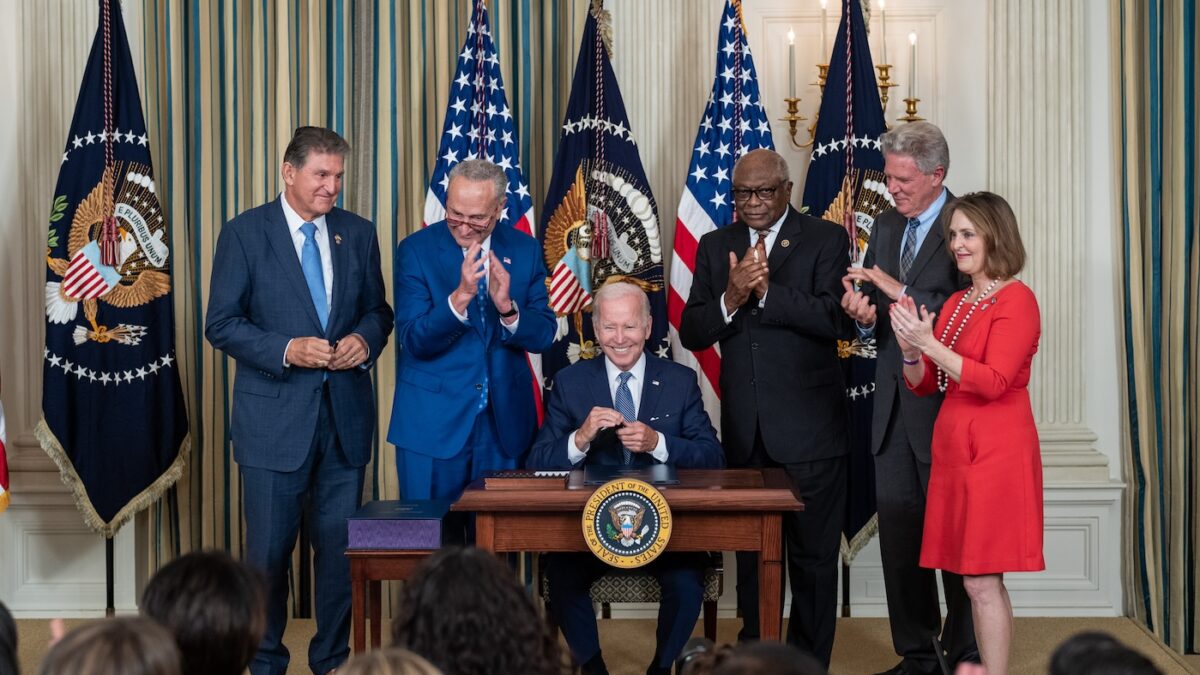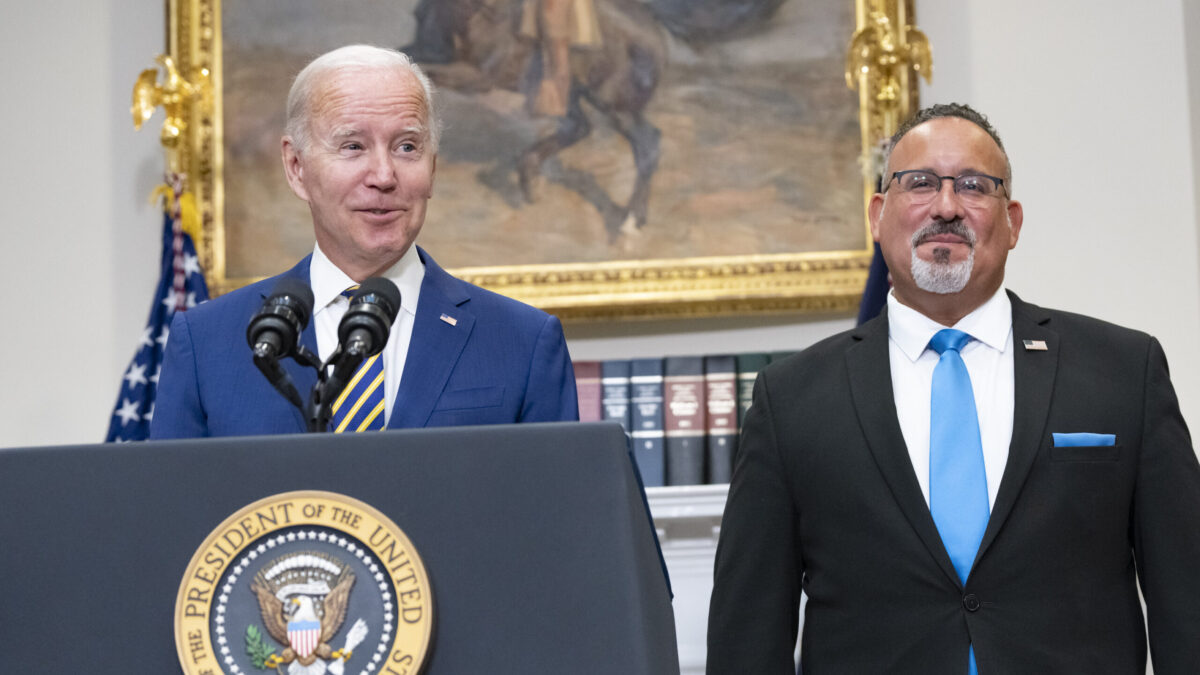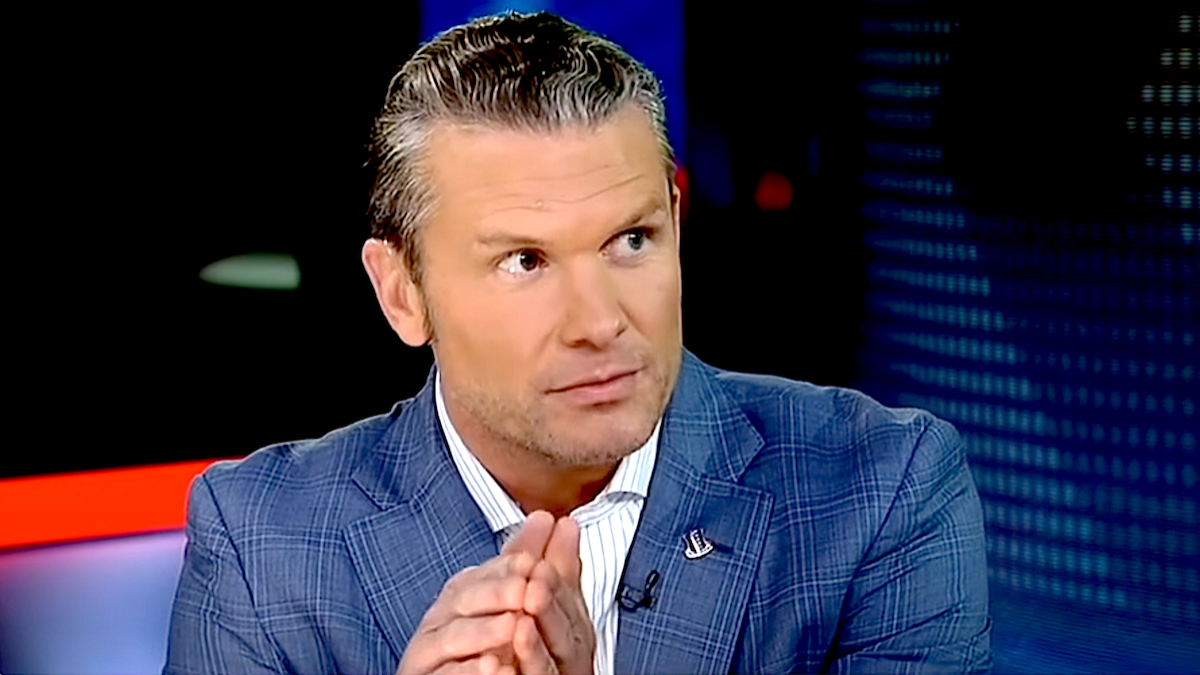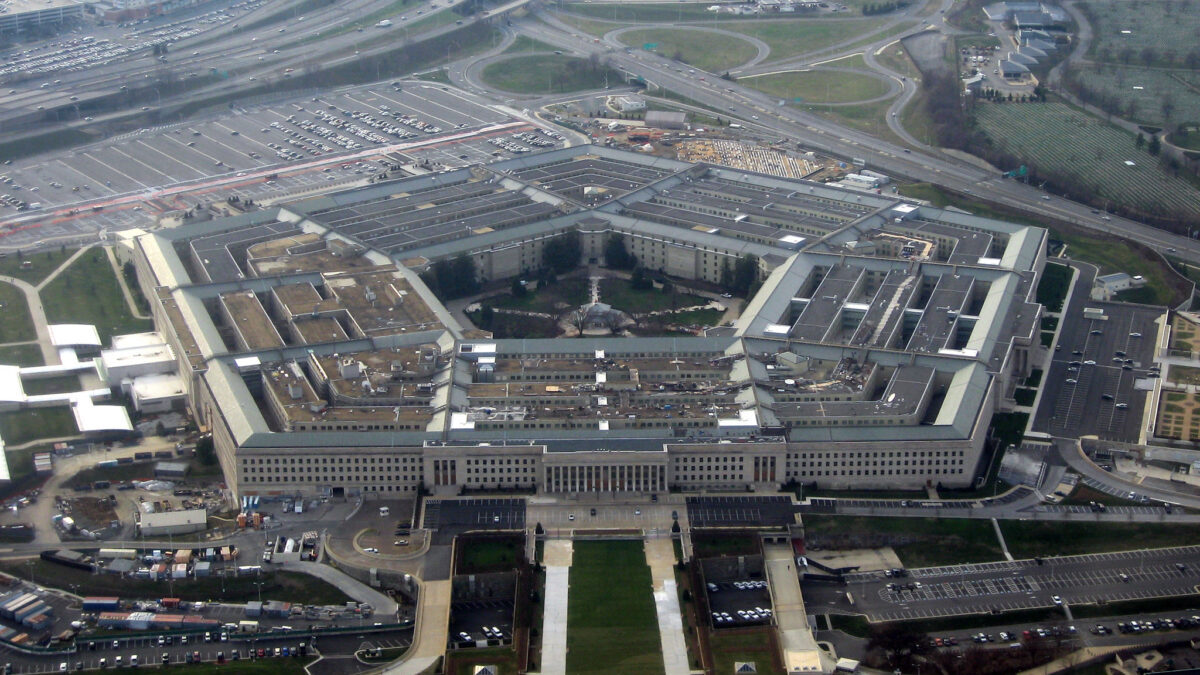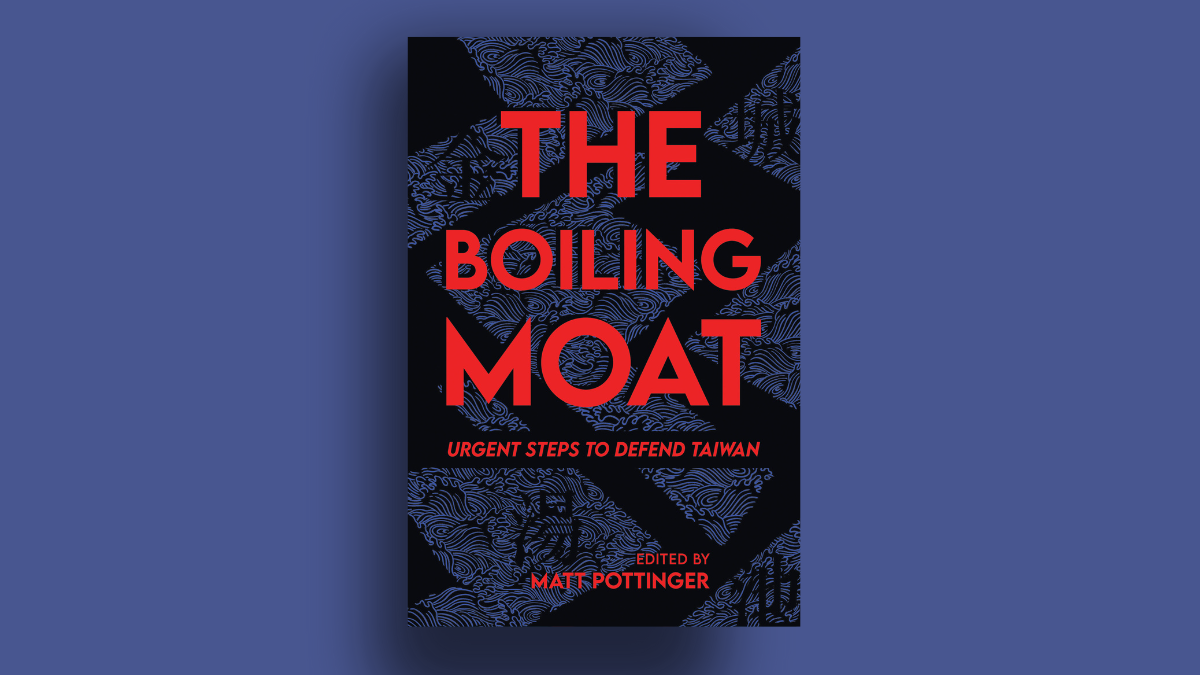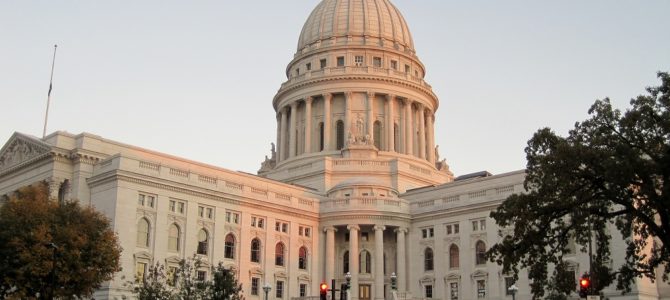
From the moment President Donald Trump declared a national emergency on America’s southern border to address what the administration has long considered a humanitarian and national security crisis, lawmakers in both houses of Congress have been divided into four separate camps.
The first, composed predominantly of Democrats, was dead set against Trump’s declaration. Many of them called it a grossly immoral travesty that would compound the problems at the border. Other Democrats were dismissive of the notion that there was an emergency at all.
The other camp was filled by what could be categorized as constitutional conservatives—lawmakers like Rand Paul, Mike Lee, Justin Amash, and Thomas Massie—who viewed Trump’s order as a violation of the legislative branch’s power of the purse. Then there were the majority of Republicans who supported the president’s proclamation. Finally, there were the undecided Republicans caught between two bad choices: voting against a Republican president with an iron grip on the GOP base or voting against a joint resolution that would claw back some of the legislative branch’s power.
Regardless of which camp a representative belonged to, they all failed to capitalize on the best opportunity Congress has had to remedy the National Emergencies Act (NEA). With the exception of Sen. Mike Lee (R-UT), who introduced a bill that would reform the way national emergencies are declared and terminated, lawmakers allowed the opportunity to slip away. Lee tabled his bill in response to Trump promising a veto, joining the 59 senators who instead voted to block Trump’s border emergency declaration Thursday. In effect, Congress chose political convenience over much-needed reform.
Passed in 1976, the NEA was the end product of a special congressional committee investigation that discovered rampant overuse of emergency authority by presidents of both parties. Coming during the Watergate era when trust in government was at a low, Congress sought to address it through a law designed to place some speed bumps in front of a president who may feel tempted to abuse his power.
If the president believed emergency powers were appropriate, he had to publish a national emergency proclamation in the Federal Register explaining what authorities he was using to deal with the crisis. All national emergencies would end in a year unless the president extended them. And Congress could terminate the emergency at any time through a vote.
When it was first passed, the NEA was seen as a limitation on the executive branch. Today, however, the law is inadequate.
Congressional enforcement of the NEA has been pathetically inept. Lawmakers in both chambers are supposed to review national emergencies every six months to determine whether they are still appropriate. Not once has this occurred in the 42 years the law has been on the books.
Indeed, this week is the first time Congress has held a vote on terminating an emergency declaration (in every case when an emergency was terminated, the president was the one who made the decision). It’s a horrendous record, and Congress should be embarrassed for not even bothering to implement a law that is meant to protect its prerogatives.
Lee’s legislation would have changed the system. Rather than putting the onus on Congress to disapprove an emergency that the president could simply extend on his own, Lee’s bill would have forced the president to receive congressional approval for an extension after 30 days. If lawmakers refused to vote for a resolution of approval, the emergency powers the president claimed for himself would expire.
In short: instead of the auto-pilot of the NEA—where it’s far easier for the executive branch to keep an emergency in place than it is for Congress to end it—there would be a constant review process from the American people’s elected representatives before the authority can continue. It’s a common sense reform Republicans and Democrats should be able to support.
Yet the status quo still dominates. Yes, Lee pulled his own bill, but the truth is most members of Congress likely weren’t interested in voting for it. Better to blame the president from a distance when things don’t work out than actually fix the problem.
Executive power, from war-making to policymaking, has increased exponentially since the Watergate era. The post-9/11 period has been a boon for flexing presidential muscle. Congress can start rebalancing the system, but it won’t happen unless the institution shows the boldness and political courage too often absent on Capitol Hill.



